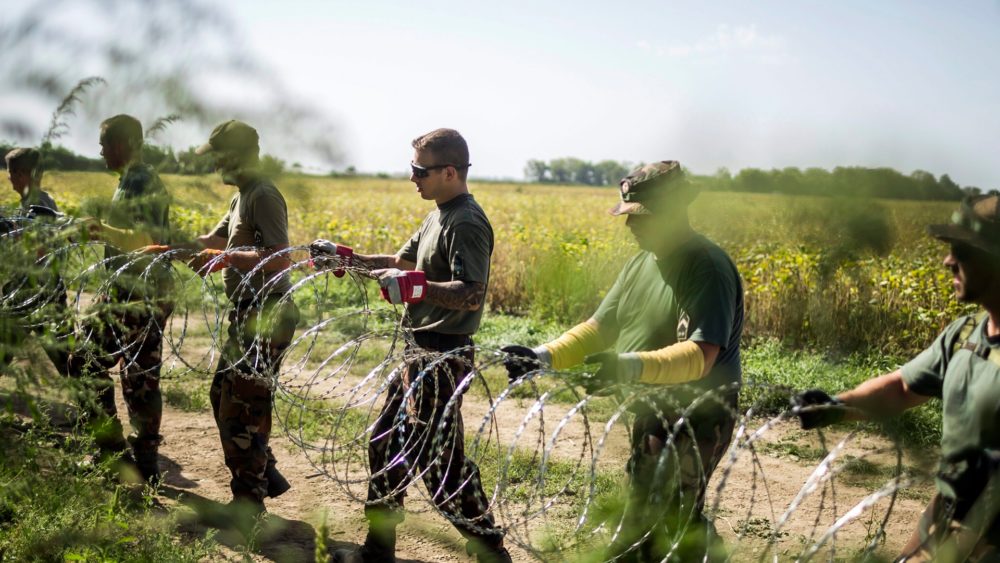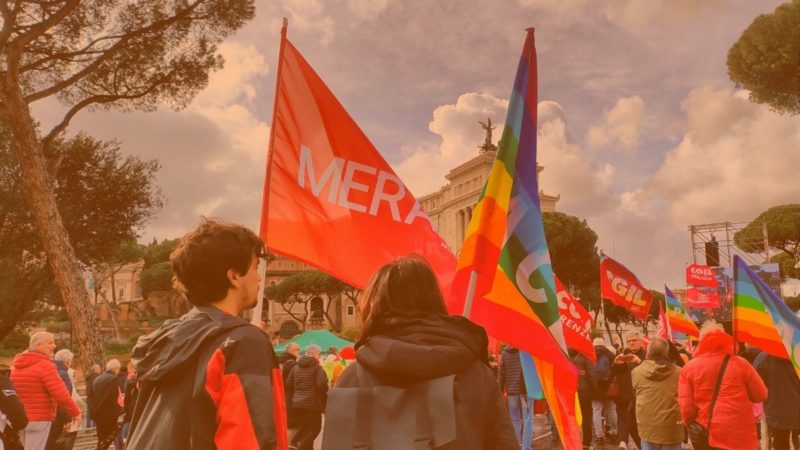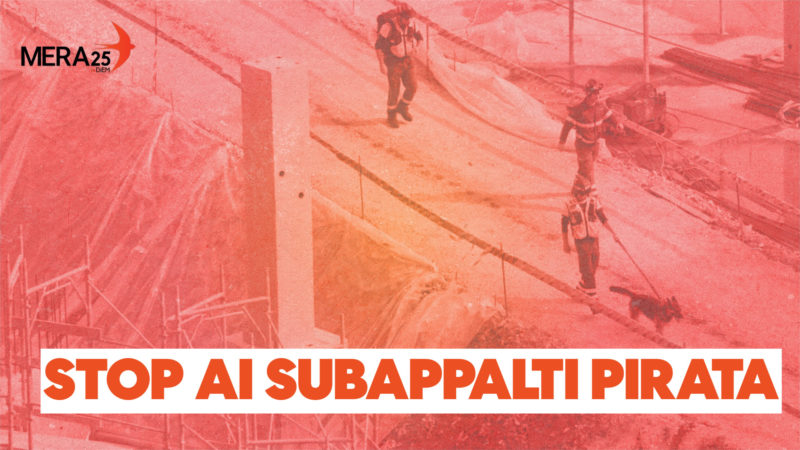Guest post by Robert Bigler
About 14 months ago I met the first Syrian refugees in my hometown. It was a chance encounter which, however, would change my daily routine for the months to come and continues to have a great impact on my life.
Meanwhile, I offer German classes as a volunteer several times a week, visit refugees in their homes and invite them over to my place, try to assist them with Austria’s abundant red tape and, last but not least, share many enriching moments with them. I listen to their stories, we laugh and we cry. There are moments of jauntiness and moments of sadness, but most importantly there are those times where we feel close to each other.
We all know that we can’t solve the problems in their home countries but we try to find a way to help them start a new life here. The people seeking refuge do not come from Syria only, we have entire families from Afghanistan, Iraq, Somalia and other countries amongst our new neighbours.
Their cultural and ethnic backgrounds may differ from each other, but they were all facing terrible threats when they decided to leave their homes.
In October last year I watched thousands of people walk by my house, people who were extremely exhausted and scarred by what they had gone through, a sight I never expected to witness in my life time.
These people have been suffering from two terrible plights. The first is the war in their home countries and the second is the inability or, even worse, the lack of readiness on the part of Europe to assume its responsibility and assist those stranded along our borders.
Instead of allowing people who are desperate to save their lives a safe passage to Europe, still the richest continent on this planet, many countries have resorted to a policy of deterrence and isolation. Europe’s most intrinsic values are being sacrificed in the wake of anti-immigrant, in particular anti-Muslim, sentiments. Tens of thousands of volunteers try to fill the gap left behind by the incompetence of state organisations, before this gap turns into a major social abyss which will only lead to more problems.
What we need is concerted action firmly based on international law and taking into consideration the extraordinary circumstances of the current conflicts. If we want to stop the rise of right-wing extremists who eagerly try to undermine the most fundamental democratic principles in our societies, we need to act quickly and with determination to stop the suffering of those who have lost everything.
The primary goal must be to stop the bloodshed in the countries of origin of the refugees. Secondly, we need to support the neighbouring countries around the trouble spots before these countries become the next victims of violent clashes. And thirdly we need to establish strong ties between all other nations to offer those people who have no other option but to leave their homes a safe haven where they can play an active role in building a flourishing free society.
Managed properly and without any indulgence towards right-wing extremists, this so-called “refugee crisis” could be a unique opportunity to show the world the true value of democratic principles. However, if we as people and the politicians we have voted into their positions continue to fail to find an appropriate way of dealing with this challenge, we will all pay a high price for our blindness.
—
Do you have a personal experience with refugees? Xenophobia is greatest among people who have rarely if ever met a refugee. Let’s counter their unfounded fears and fill the web with stories of people who regularly spend time with refugees or who have had a significant real-life experience with refugees. Post your story on your blog or on a forum, use the hashtag #let_them_in and tell DiEM25 about your post by sending an email to [email protected]. The most interesting stories will be featured on DiEM25 and promoted through our social media channels. There’s nothing to fear but fear itself! Carpe DiEM!
Do you want to be informed of DiEM25's actions? Sign up here




